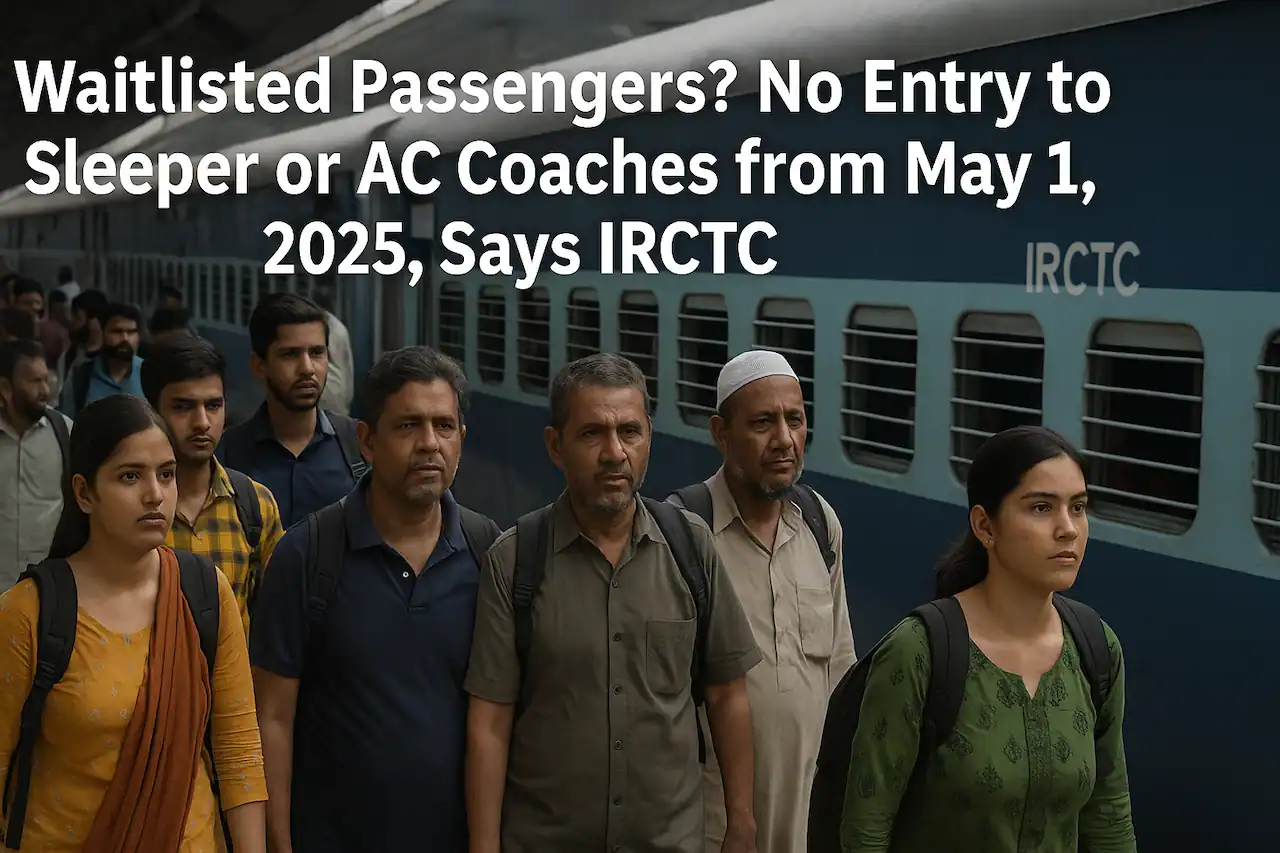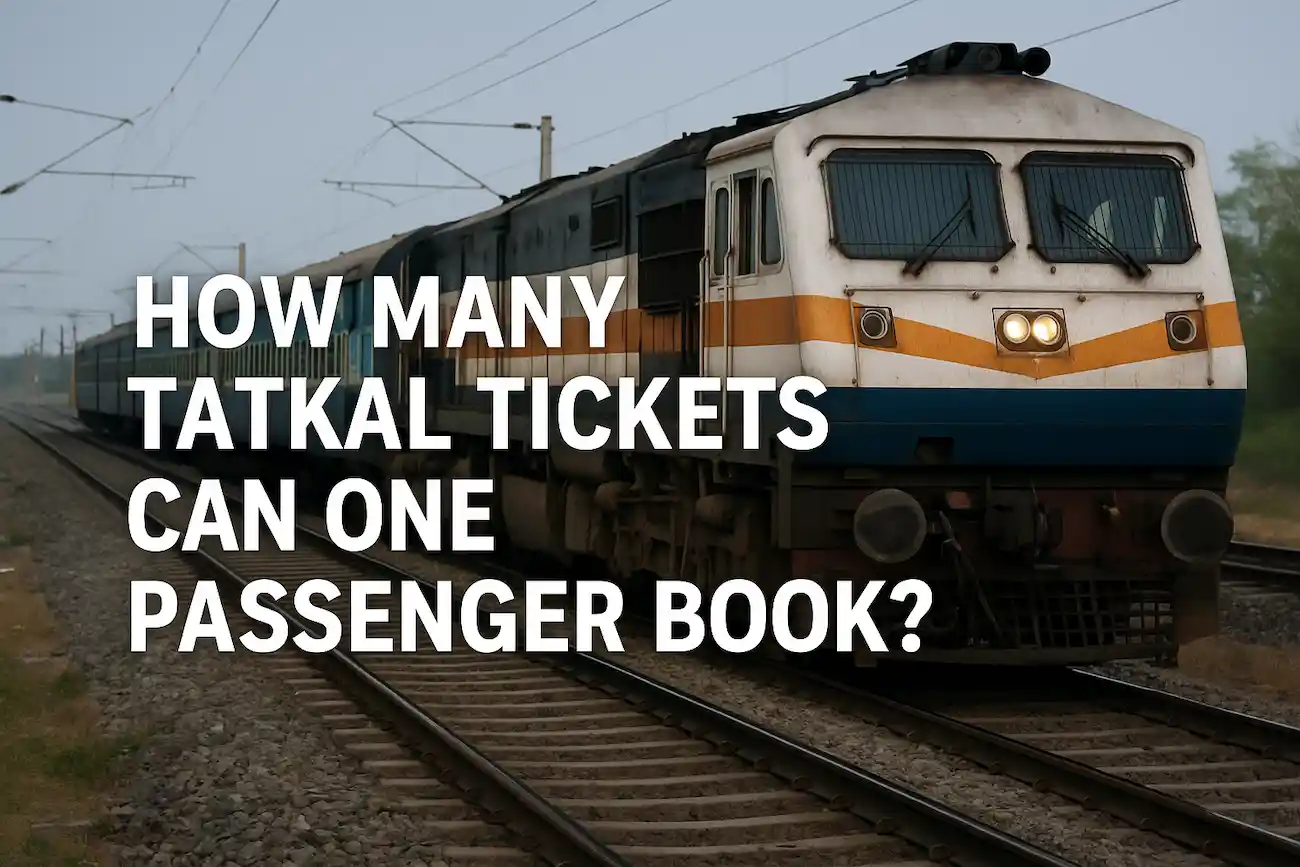In a surprising move, Saudi Arabia has temporarily suspended visa issuance for 14 countries, including India. The decision has sent shockwaves across the travel, business, and diplomatic communities. If you’re wondering what triggered this sudden halt and how it impacts you—keep reading. We’ve got all the details in plain, simple language.
What’s Happening?
Saudi Arabia’s Announcement
Saudi authorities announced that they are suspending all visa services—tourist, work, and even pilgrimage—for 14 countries, effective immediately. The ban has been described as “temporary,” but no fixed timeline has been given for its removal.
Countries Affected
Along with India, the list reportedly includes Pakistan, Bangladesh, Sri Lanka, Ethiopia, Sudan, Nigeria, Kenya, and several others. While the official list is yet to be fully disclosed, multiple reports confirm that high-traffic nations have been targeted.
Why Has Saudi Arabia Imposed This Ban?
Official Reasons
Saudi officials have cited security concerns, verification challenges, and diplomatic restructuring as reasons. However, specifics are vague, leading to widespread speculation.
Unofficial Speculations and Expert Opinions
Analysts believe the move could be linked to:
- Rising illegal immigration cases
- Concerns over documentation and identity fraud
- Public health issues in some of the banned nations
- Internal reforms in Saudi’s immigration policies
India’s Inclusion in the Ban
Recent Developments in India-Saudi Relations
India and Saudi Arabia have generally enjoyed strong diplomatic and economic ties. However, the inclusion of India in the ban has raised eyebrows. Some believe recent diplomatic tensions or administrative backlogs may have played a role.
Reaction from Indian Authorities and Citizens
So far, the Ministry of External Affairs (MEA) has not issued an official statement, but many Indian travelers and workers are expressing concern over their plans being derailed at the last minute.
Other Countries on the List
Overview of the 13 Other Nations
Most of the affected countries are from South Asia and Africa, which send a large number of labor migrants and pilgrims to Saudi Arabia each year.
Common Patterns Among the Banned Countries
What these nations seem to share:
- High volume of visa applications
- Previous immigration-related violations
- Health infrastructure concerns
Impact on Travelers and Businesses
Travel Disruptions
Thousands of passengers are now stranded or facing last-minute cancellations. Travel agencies report a massive wave of refund requests.
Effect on Migrant Workers and Expats
For Indians planning to work or renew their contracts in Saudi Arabia, this poses a serious roadblock. Migrant laborers are in limbo, with job offers on hold.
Economic and Tourism Fallout
Tourism to holy sites like Mecca and Medina is expected to dip sharply. Indian businesses relying on Saudi partnerships may face temporary halts in operations.
Reaction from the Global Community
International Response and Media Coverage
Several embassies are actively seeking clarity. Global media outlets have highlighted the lack of transparency in the decision, sparking debates about its real motives.
Human Rights and Diplomatic Concerns
NGOs and human rights groups are voicing concern over how this move might affect low-income travelers and migrant workers, especially those already en route.
Past Precedents of Similar Bans
History of Saudi Visa Restrictions
Saudi Arabia has previously issued temporary bans—for example, during COVID-19. Such decisions are not new, but the scale of this ban is what’s drawing attention.
Comparison with Other Gulf Countries
Unlike UAE or Qatar, Saudi Arabia has been more aggressive in immigration control. However, no other Gulf nation has issued such a wide-ranging ban recently.
How Long Will the Ban Last?
Temporary or Indefinite?
Authorities have only used the term “temporary,” without defining its duration. Historically, such bans have lasted weeks to a few months.
Possible Timelines Based on Past Events
If it’s linked to administrative or technical issues, resolution could be quick. But if it’s politically motivated, we could be in for a longer wait.
What Should Affected Travelers Do Now?
Airline Cancellations and Refunds
Contact your airline immediately. Most carriers are offering free cancellations or date changes. But policies vary—so act fast.
Embassy Support and Travel Advisories
Check with your local Saudi embassy. They may provide updates or assist with emergency travel situations. Also, monitor advisories from India’s MEA website.
Future Implications
Will This Impact India-Saudi Trade Relations?
Possibly, if the ban extends. However, both countries have strong oil and business ties, which means they’ll likely work quickly to resolve any disputes.
Long-Term Consequences for Expat Employment
If the ban persists, companies in Saudi Arabia may face labor shortages, particularly in construction, hospitality, and healthcare—industries that rely heavily on Indian workers.
Conclusion
Saudi Arabia’s sudden visa ban on 14 nations, including India, has caught the world off guard. While the official reasons remain vague, the ripple effects are already being felt by travelers, businesses, and governments. Whether this move is a short-term administrative measure or a deeper diplomatic issue is yet to be seen. Until then, stay informed, be cautious, and follow official channels for the latest updates.
FAQs
1. Why did Saudi Arabia ban visas for India and other countries?
Saudi Arabia cited “security and administrative reasons,” though no detailed explanation was provided.
2. How does this affect Indian workers in Saudi Arabia?
New visa applications are on hold, but existing workers are likely unaffected unless they leave and reapply.
3. Can travelers get refunds for canceled Saudi trips?
Yes, many airlines and agencies are offering refunds or flexible rebooking options.
4. Is the visa ban permanent?
No. It has been described as a temporary measure, but no official timeline has been shared.
5. What’s the Saudi government’s official explanation?
They’ve mentioned “security and administrative restructuring,” without much elaboration.


















